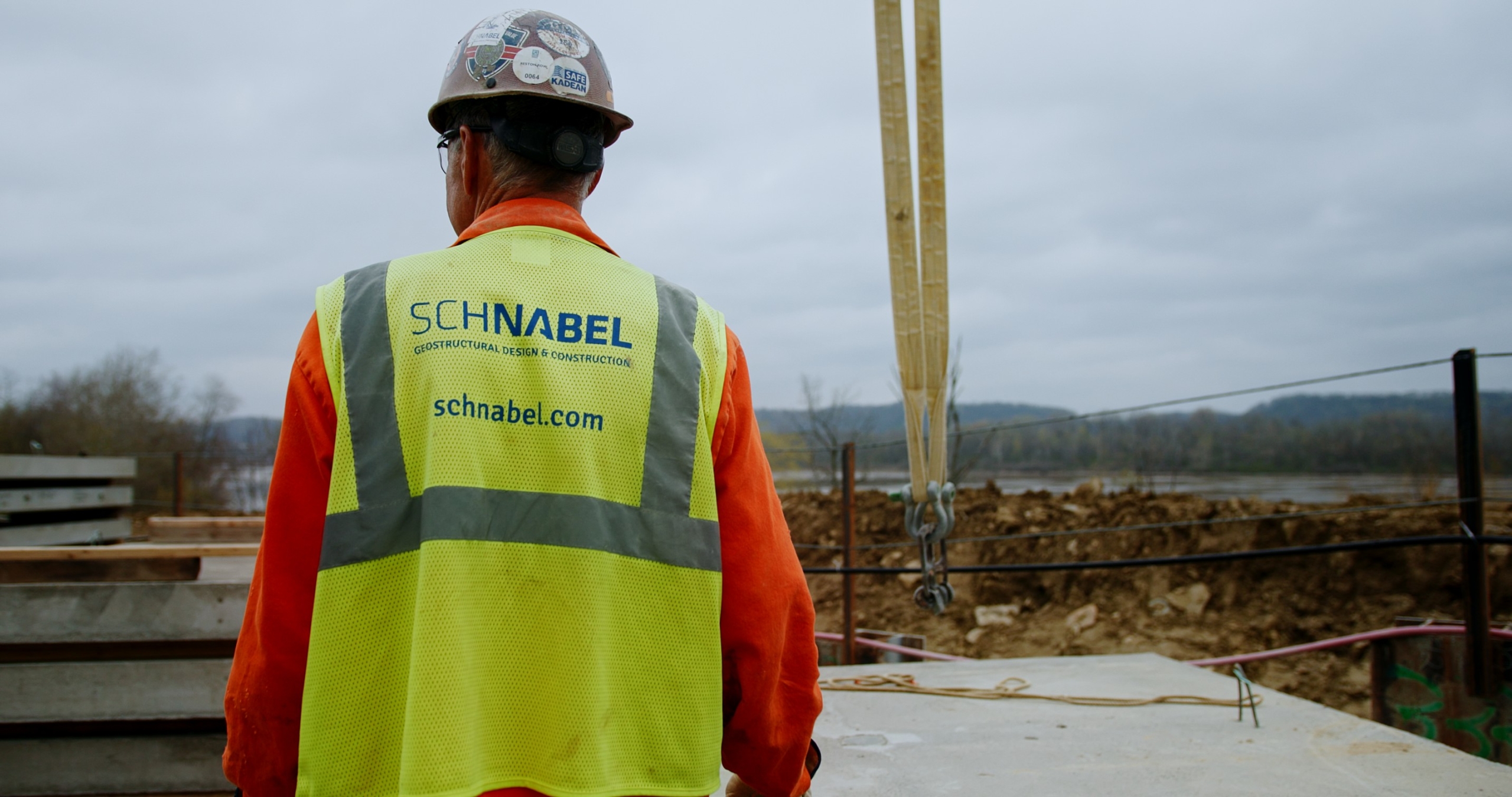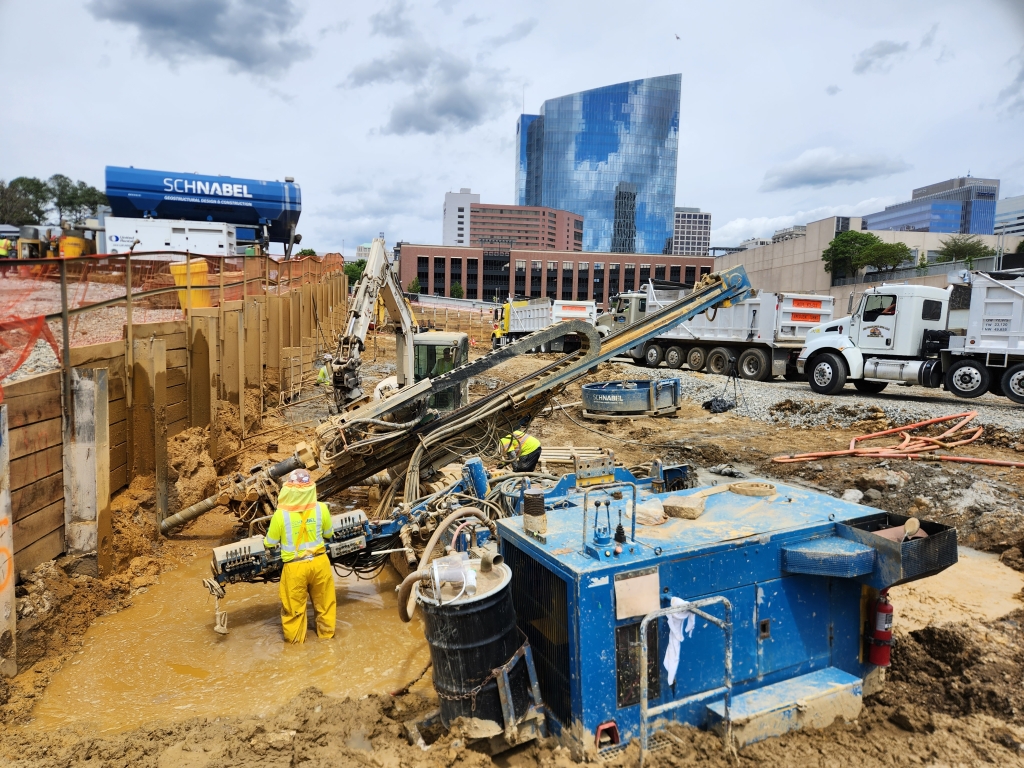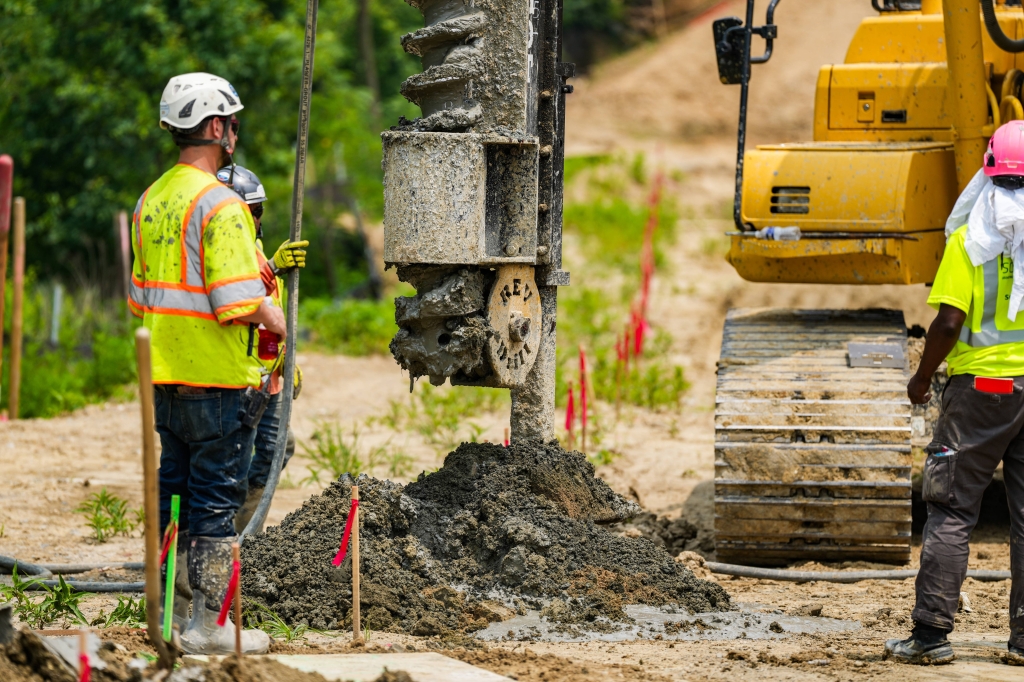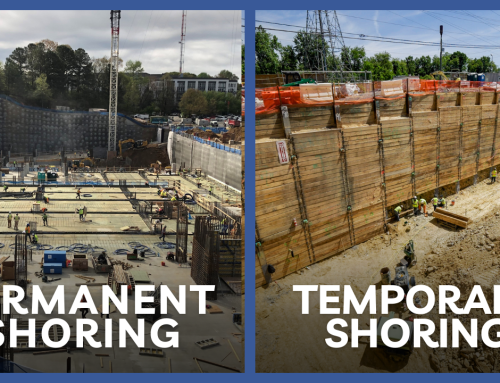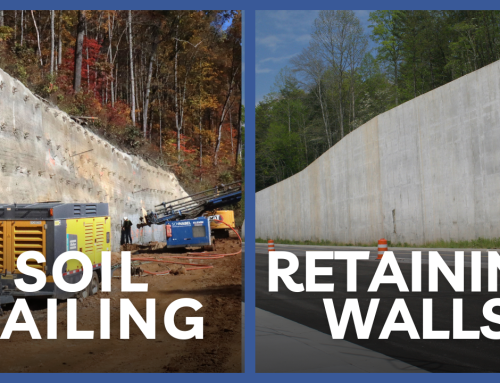Have you ever wondered what’s happening beneath a construction site? Geotechnical contractors make sure the ground under a project is safe, stable, and strong enough to support the structure being built. Their expertise helps avoid costly mistakes that could affect the stability and safety of the building.
In this blog, we’ll explain what geotechnical contractors do, why their work is important, and how to choose the right one for your next project.
What is Geotechnical Engineering?
Geotechnical engineering involves the study of the earth’s materials, such as soil, rock, and groundwater, and how they respond to different conditions. This field plays a crucial role in the construction of various projects, including highways, bridges, skyscrapers, and dams.
A key focus of geotechnical engineering is ensuring that structures have solid and safe foundations. This requires analyzing the soil and rock beneath the surface to ensure they can support the weight of a building or other structure. Without proper geotechnical engineering, issues like foundation failure, landslides, or even complete structural collapse can occur.
Responsibilities of Geotechnical Consultants
- Site Investigation & Soil Assessment: Before construction starts, geotechnical consultants conduct site investigations to collect important information about the ground conditions. This involves soil sampling and testing, monitoring groundwater levels, and identifying potential hazards like soft soils and unstable slopes.
- Lab and Field Testing: Geotechnical consultants perform both field and lab tests to understand the physical and mechanical properties of soils and rocks. Some common tests are the Atterberg Limits Test, which measures soil plasticity, and the Standard Penetration Test (SPT), which helps determine soil strength.
- Foundation Design Recommendations: Based on their findings, geotechnical consultants suggest foundation designs, like shallow footings, deep foundations, or piles. This ensures that the structure’s weight is properly supported by the ground underneath.
- Ground Improvement Solutions: If the site conditions are not ideal, consultants may suggest ground improvement methods. These can include soil stabilization, compaction grouting, or rigid inclusions to strengthen the soil’s ability to support weight.
- Slope Stability and Retaining Structures: For projects on sloped terrain, next to water or involving excavation, geotechnical consultants assess stability and recommend retaining structures, like sheet pile walls, to prevent landslides or collapses.
- Construction Monitoring: During construction, geotechnical consultants typically observe the work to make sure their recommendations are followed correctly. This includes inspecting foundation installations and monitoring any possible settling or shifting of the soil.
- Integrate Information and Plan: Using soil properties found in the site investigation and building loads from structural engineer, geotechnical contractors design the specific elements and draw a set of plans. Geotechnical contractors use their specialty knowledge to ensure that the plans are buildable and economical.
- Build Structures: Ground improvement, deep foundations and retaining walls require specialty equipment and knowledge to build. Geotechnical contractors maintain a fleet of this specialty equipment and highly skilled personnel to build these structures safely and timely.
Applications of Geotechnical Contracting
Geotechnical work is found everywhere:
- Residential Construction: Ensures safe foundations for homes.
- Commercial Construction: Key for projects like office buildings, shopping centers, and industrial facilities.
- Infrastructure Development: Essential for building roads, bridges, and tunnels.
- Environmental Remediation: Helps stabilize contaminated or damaged land.
Applications of Geotechnical Contracting
- Drilling Rigs: For drilling piles, foundation elements and tieback anchors.
- Vibratory Hammers: For installing piles and for soil densification.
- Soil-Mix Tooling: For ground improvement and underpinning.
- Geotechnical Sensors: To monitor factors like soil settlement and groundwater levels.
Benefits of Hiring Geotechnical Contractors
- Enhanced Project Safety: Their expertise helps reduce risks such as collapses and erosion.
- Cost and Time Efficiency: By identifying potential issues early, they help save both time and money
- Compliance with Regulations: They ensure the project meets local and national safety requirements.
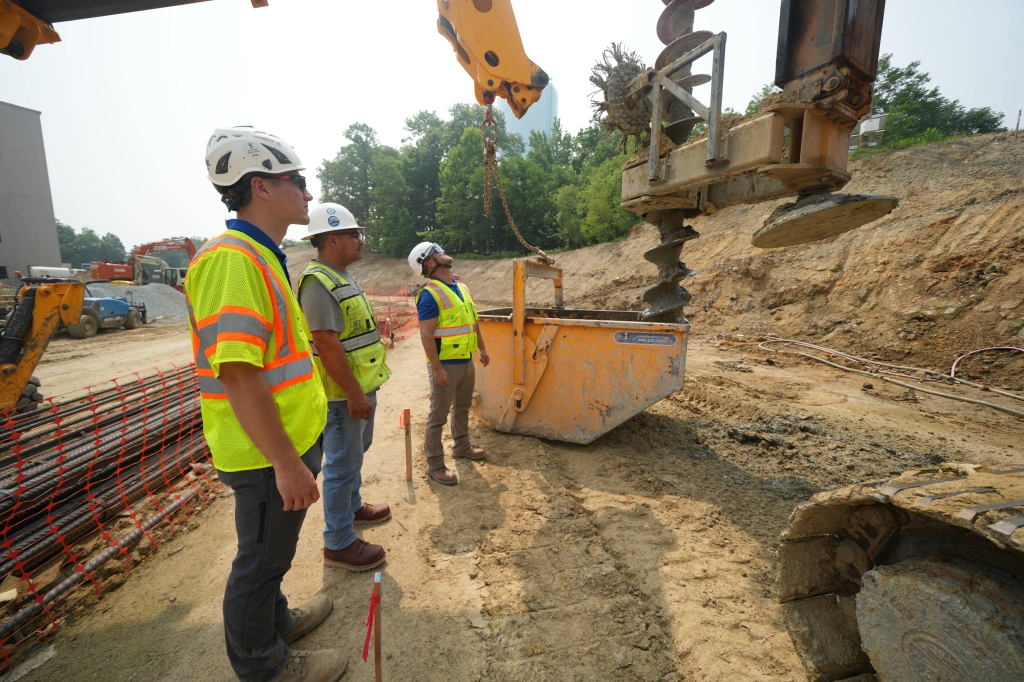
How to Choose the Right Geotechnical Contractor
Choosing the right geotechnical contractor is crucial for the success of your project and avoiding costly delays. Here’s how to make the best decision:
- Experience and Expertise: Look for contractors with a proven track record in projects similar to yours.
- Qualifications and Certifications: Ensure they employ professional licensed engineers and follow national standards.
- Technology and Equipment: Select contractors who use the latest tools and advanced techniques for the best results.
- Communication and Collaboration: The contractor should work closely with other teams to meet project needs.
- Reviews and References: Check testimonials or request references to learn about their reputation and reliability.
Case Studies of Successful Geotechnical Projects
- Stabilizing a Landslide on the Cal-Poly Campus: Schnabel, a geotechnical contractor, was hired to stabilize a landslide that led to the evacuation of Cal Poly’s Fremont Dorm. The project involved using an earth retention system with tie-back walls and inclinometers to monitor movement. The landslide was successfully stabilized upon completion. Learn more about this project here.
- Foundation for New Influent Pump: Geotechnical contractor Schnabel provided earth retention and groundwater cutoff services to support the construction of a new influent pump for the expansion of the Roberto Bustamante Wastewater Treatment Plant in El Paso, TX. Read more about this project here.
Conclusion
Geotechnical contractors are key to the success of construction projects, making sure the ground underneath is stable and safe. Need expert advice for your project? Reach out to a qualified geotechnical contractor like Schnabel to ensure a strong foundation for lasting results. With more than 65 years of experience, Schnabel is a trusted provider of innovative earth-retention solutions for the construction industry.
